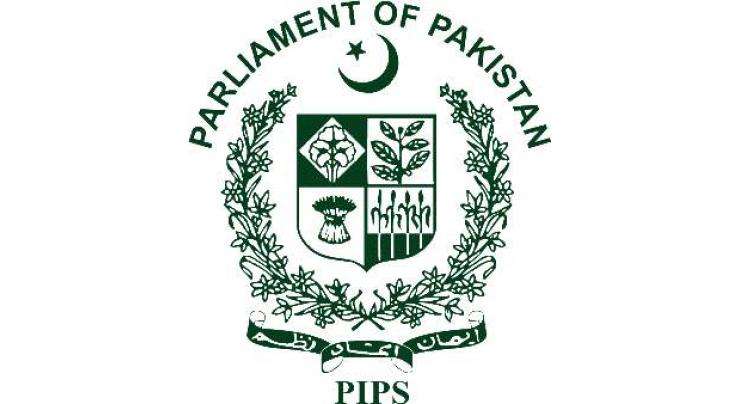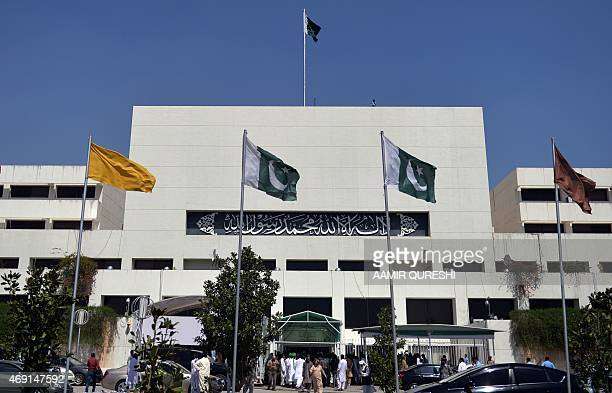
Path to a more stable and prosperous nation lies in fostering a robust democratic framework that empowers leaders to focus on long-term governance and addresses the root causes of the parliamentary system’s vulnerabilities. Only then can the nation move towards a brighter future with strong and consistent leadership. A move towards fostering a culture of consensus building, strengthening institutions, and promoting accountability and transparency can help mitigate the weaknesses in the parliamentary system. Furthermore, ensuring that military interventions in politics are avoided and economic and security challenges are met with strategic planning and resolution will provide a more conducive environment for prime ministers to complete their mandated terms.

As current assemblies including national and all four provincial assemblies are set to dissolve once again, it is discouraging to witness the recurring pattern of failed prime ministerial terms. Over the past two decades, the nation has seen numerous prime ministers come and go without completing their mandated five year tenure. This unfortunate trend raises questions about the inherent weaknesses within the country’s parliamentary system, which have contributed to its vulnerability. In this editorial, we explore the factors behind the inability of prime ministers to complete their terms and analyze the challenges faced by Pakistan’s parliamentary system.

The frequent failure of prime ministers to complete their terms in Pakistan is a reflection of the vulnerabilities within the country’s parliamentary system. Political fragmentation, lack of consensus politics, establishment interventions, and weak institutional frameworks has all contributed to this ongoing predicament. Political Fragmentation: Pakistan’s political landscape is characterized by a multitude of parties, each vying for power and representation. This fragmentation often leads to weak coalition governments with unstable alliances, making it difficult for a prime minister to maintain a consistent majority in the National Assembly.

The deficiency of a culture of consensus building in Pakistani politics hampers the government’s ability to enact long term policies and reforms. Disagreements between parties often result in frequent parliamentary standoffs and no-confidence motions, leading to government instability. Throughout Pakistan’s history, military interventions in politics have destabilized civilian governments. These interventions have sometimes resulted in the premature dismissal of elected prime ministers, disrupting the continuity of governance.

In a parliamentary system, governments are often formed through coalitions, leading to inherent instability. Coalitions can disintegrate due to disagreements, further complicating governance and creating a potential avenue for the opposition to bring down the government through no-confidence motions. The parliamentary system’s feature of calling for elections at any time within the mandated five-year term means that governments often have shorter tenures. Frequent elections can divert the government’s attention from long-term policy implementation to political campaigns, hindering progress.

Lack of strong, independent institutions has made the government susceptible to manipulation and political interference. This weakness undermines the authority of the prime minister, making it difficult to govern effectively. The parliamentary system’s concentration of power in the hands of the executive may lead to reduced accountability, as the ruling party often controls the majority in the legislature. This concentration of power can create an environment where checks and balances are weakened, potentially enabling corruption and mismanagement.

